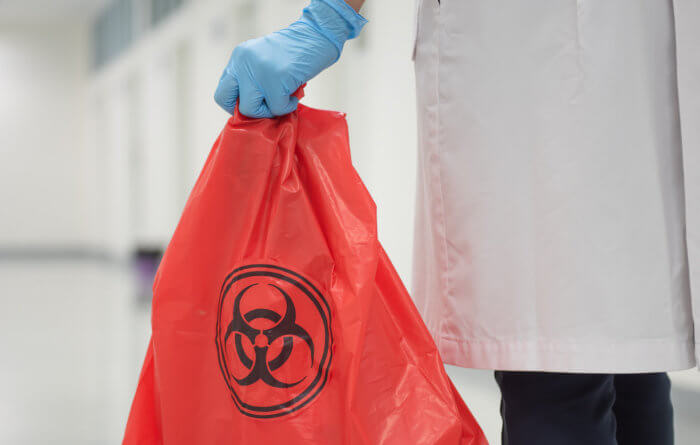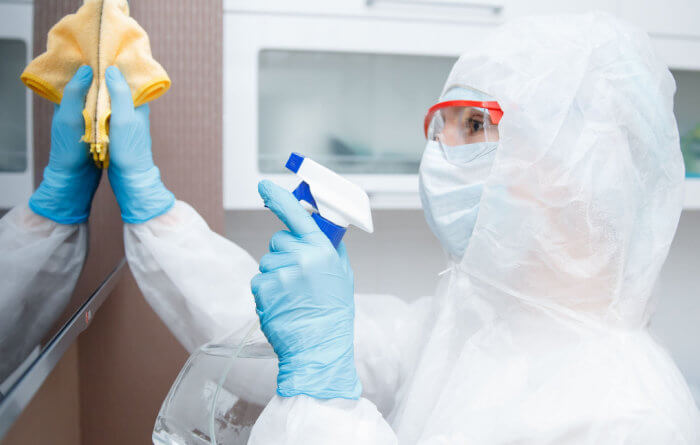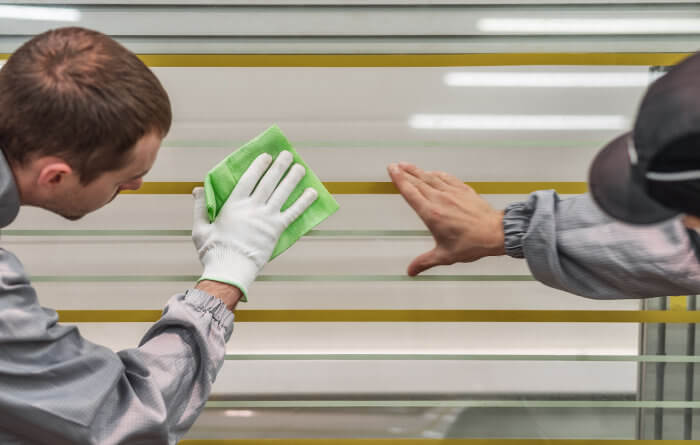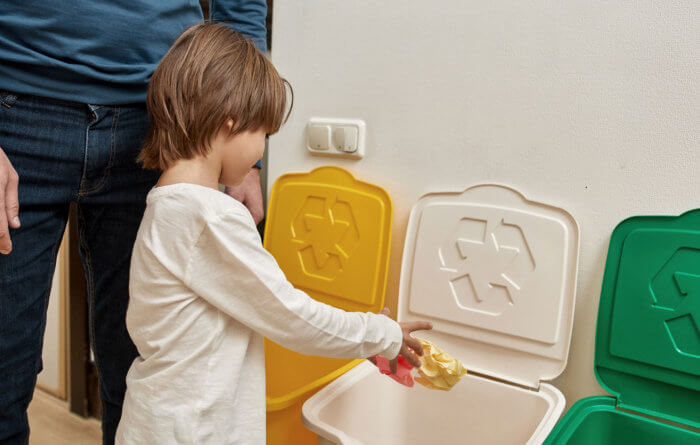Janitors may be at risk for injuries such as slips, trips, and falls, cuts and puncture wounds from sharp objects, strains and sprains from repetitive motions or heavy lifting, and exposure to hazardous chemicals.
Yes, janitors may be responsible for cleaning blood and other bodily fluids as part of their cleaning duties.
There is no evidence to suggest that janitors get sick more often than workers in other occupations. However, janitors may be at a higher risk of exposure to infectious diseases due to their cleaning and maintenance work in public spaces.
No evidence suggests that janitors get sick more often than workers in other occupations. However, janitors may be at a higher risk of exposure to infectious diseases due to their cleaning and maintenance work in public spaces.
Yes, janitors may be responsible for cleaning windows as part of their cleaning duties.
Cleaning can be considered a skilled job, as it requires knowledge and experience in proper cleaning techniques, equipment use, and safety protocols. However, it may not require formal education or training beyond on-the-job training.
A cleaning guy can be referred to as a “cleaner,” “janitor,” “custodian,” or “housekeeper.”
Cleaning can be considered a skilled job, as it requires knowledge and experience in proper cleaning techniques, equipment use, and safety protocols. However, it may not require formal education or training beyond on-the-job training.
Yes, janitors typically receive on-the-job training and may also complete vocational training programs or certification courses in cleaning and maintenance tasks.
It is rare for janitors to make six-figure salaries, as the average salary for a janitor in the United States is around $30,000 to $40,000 per year.









